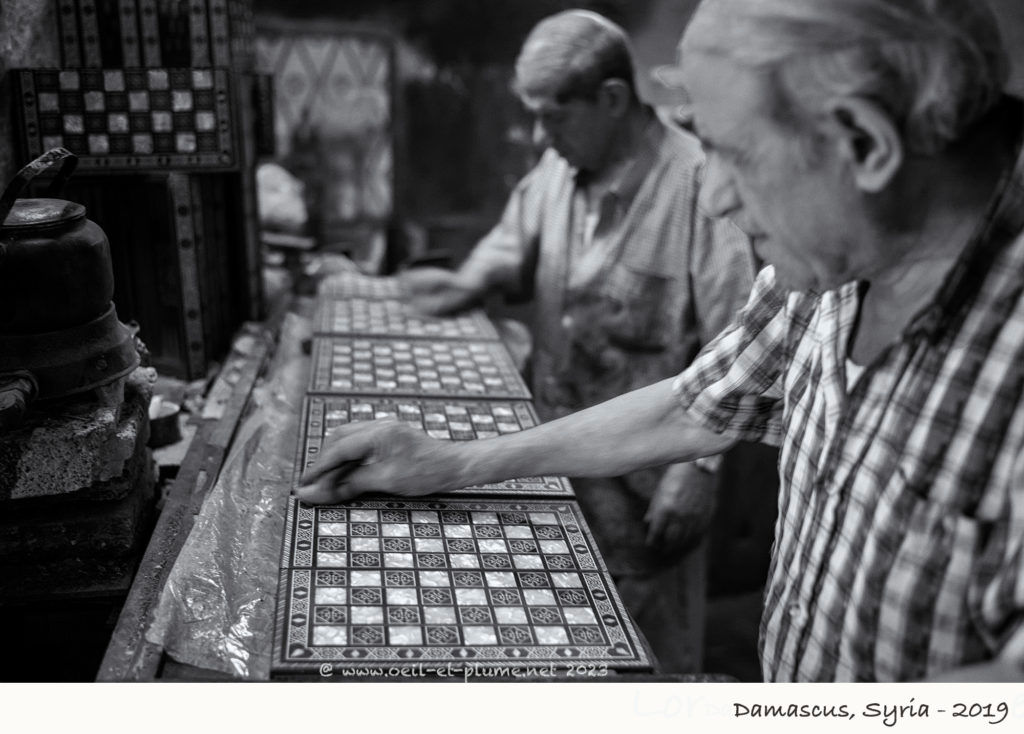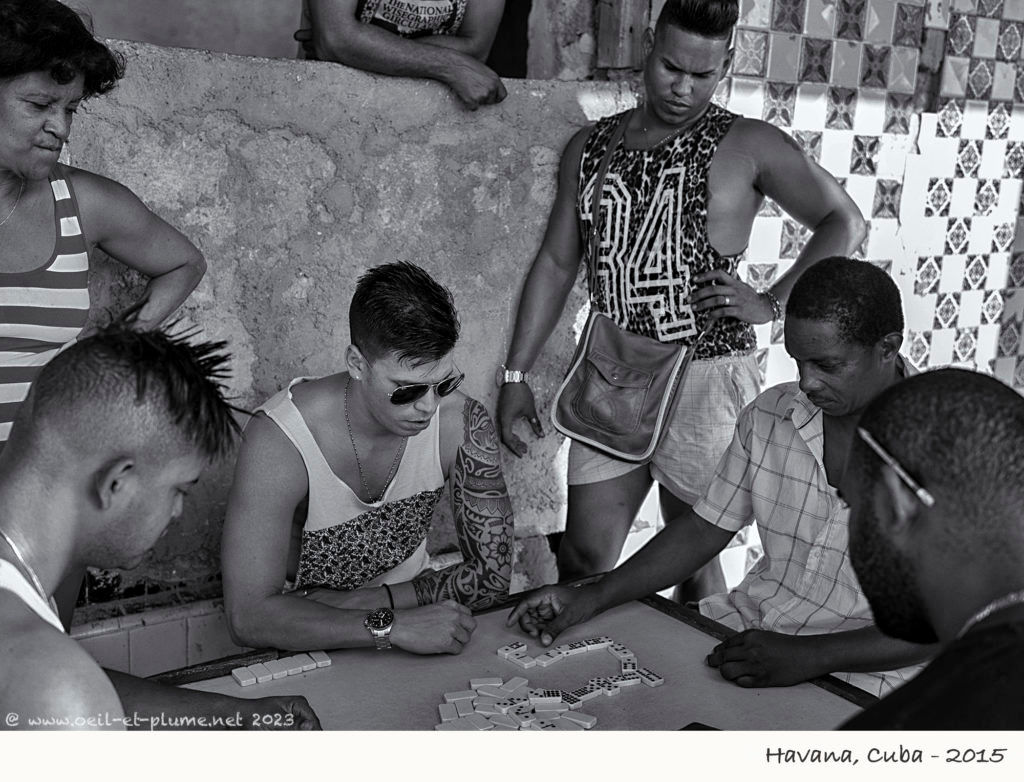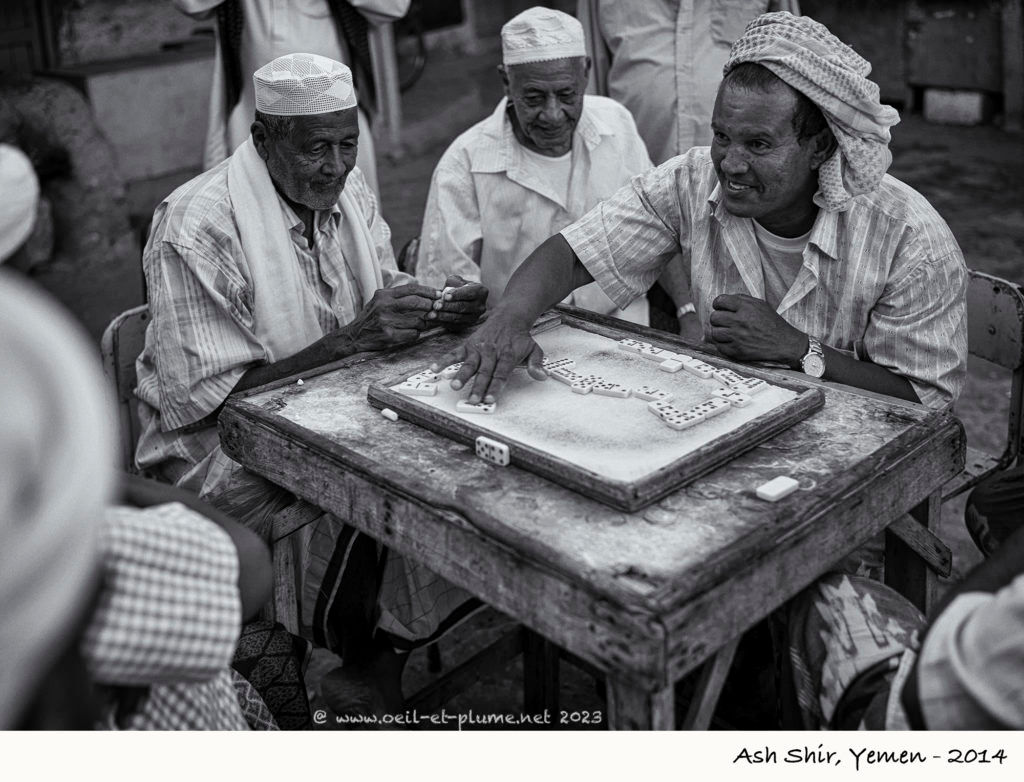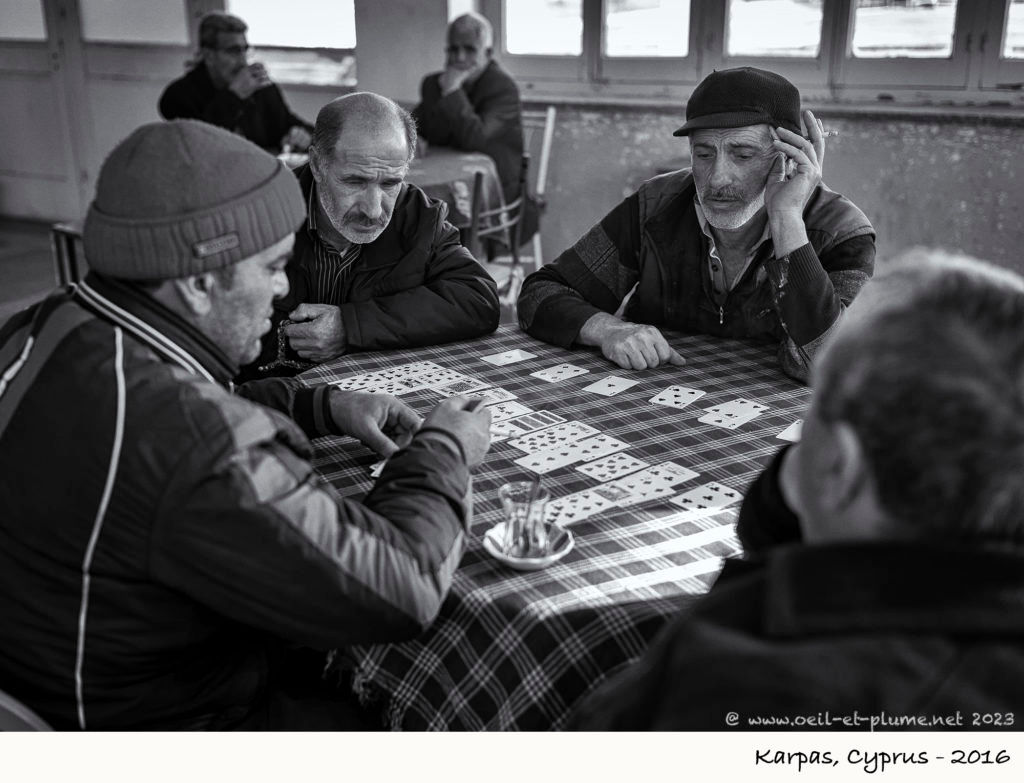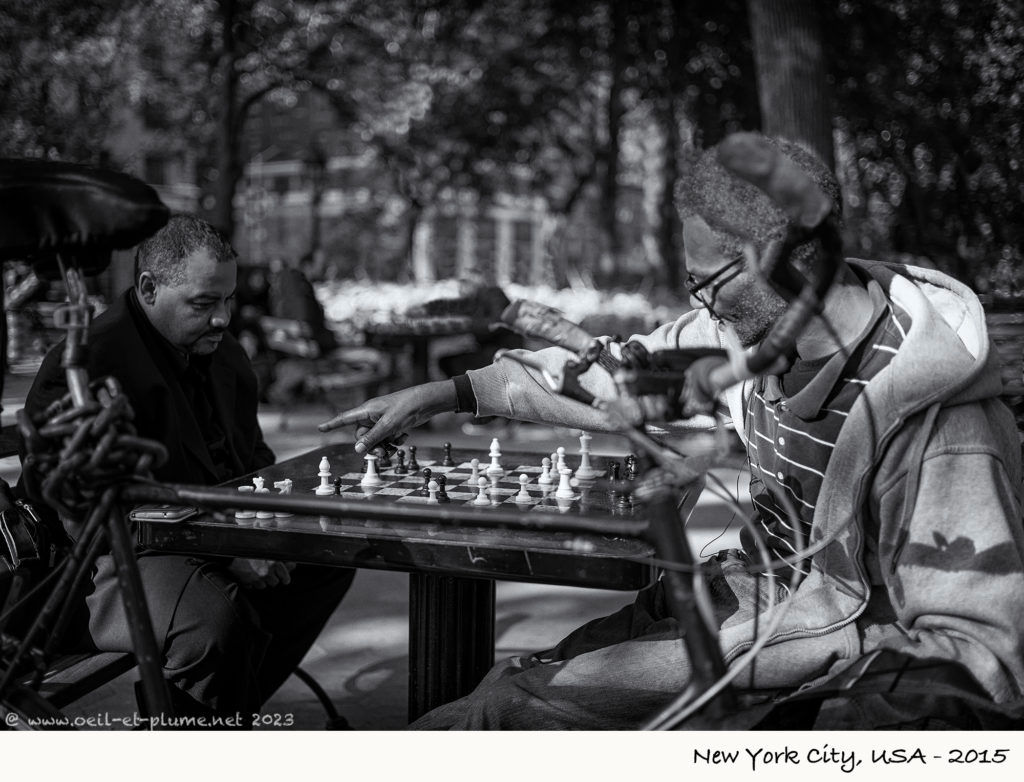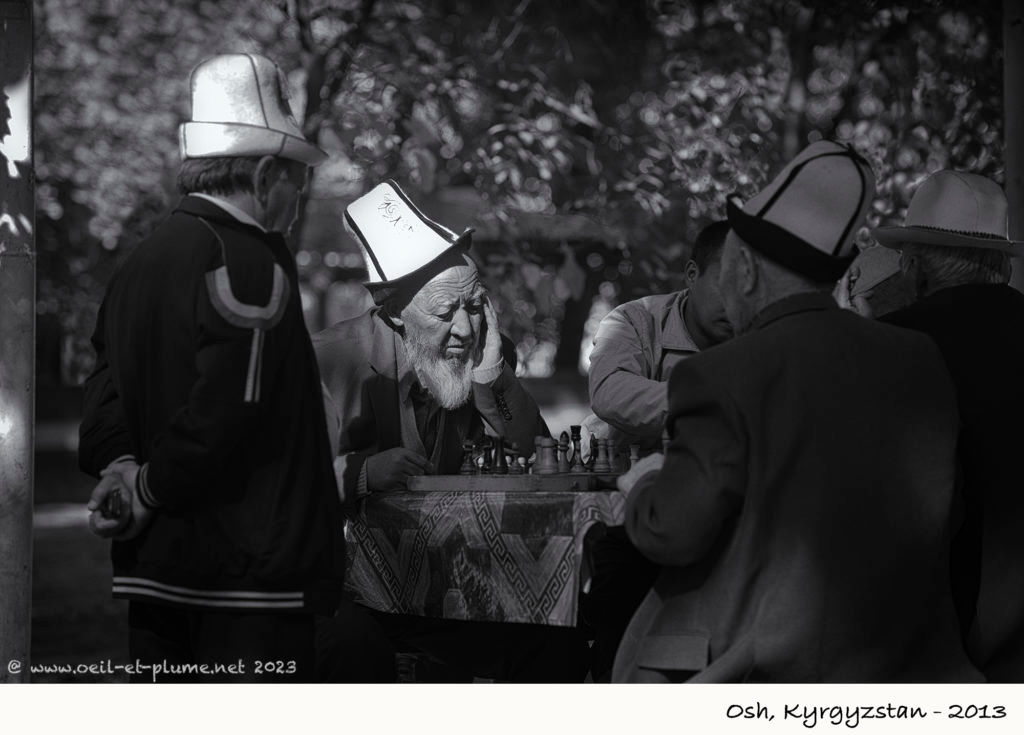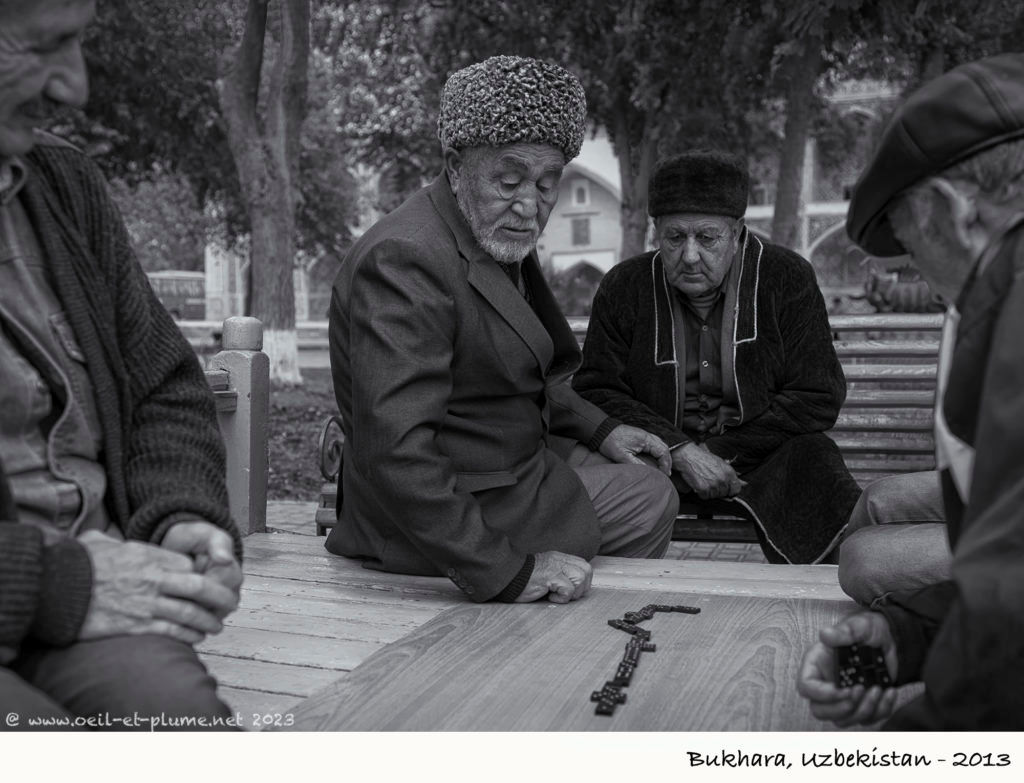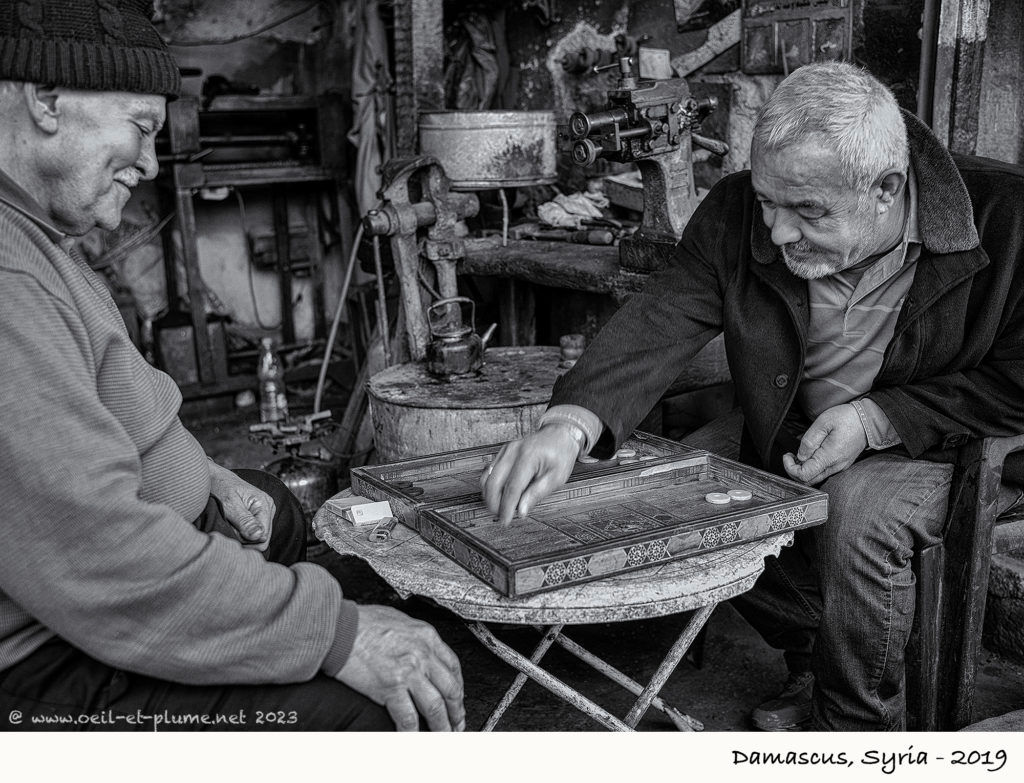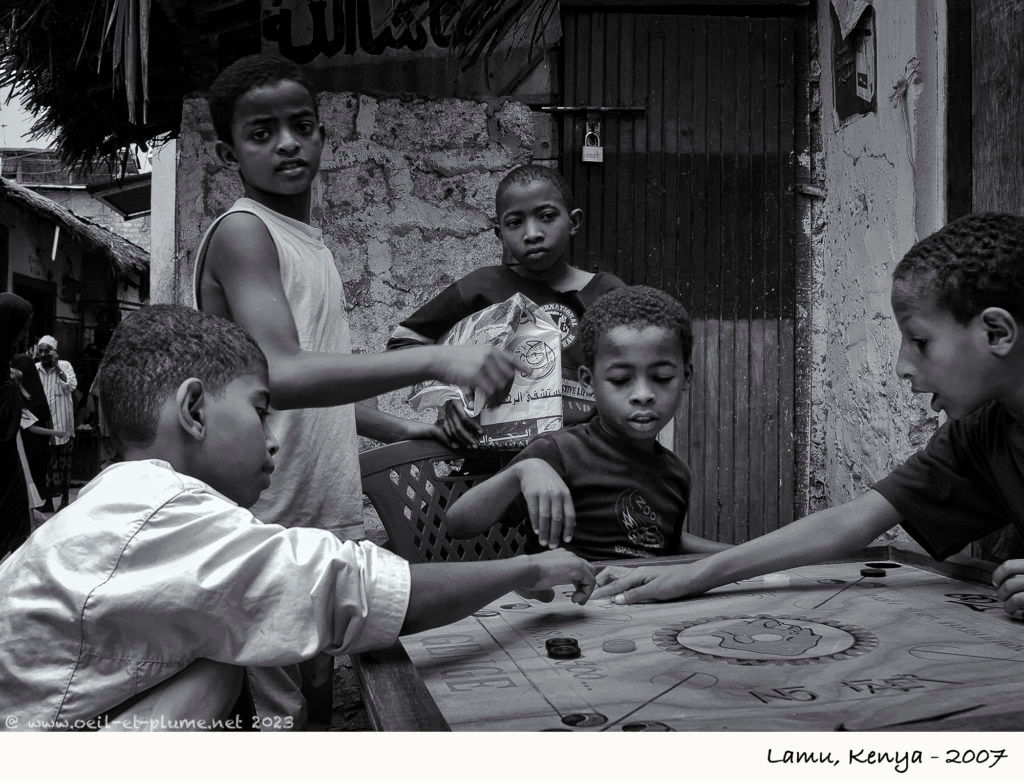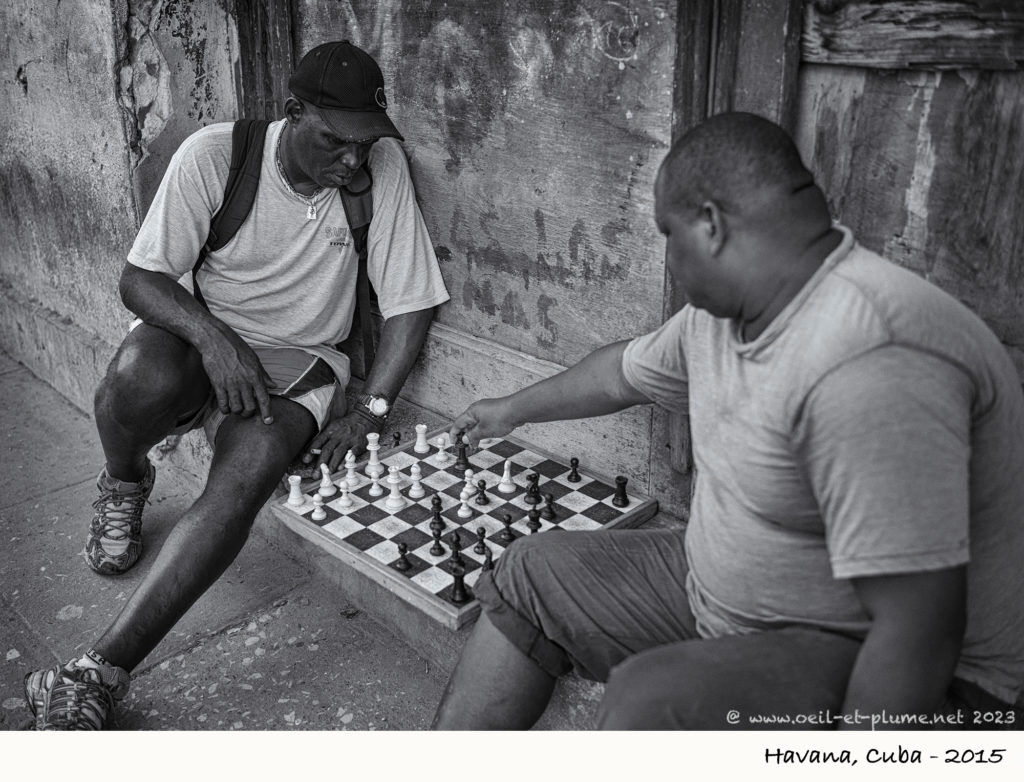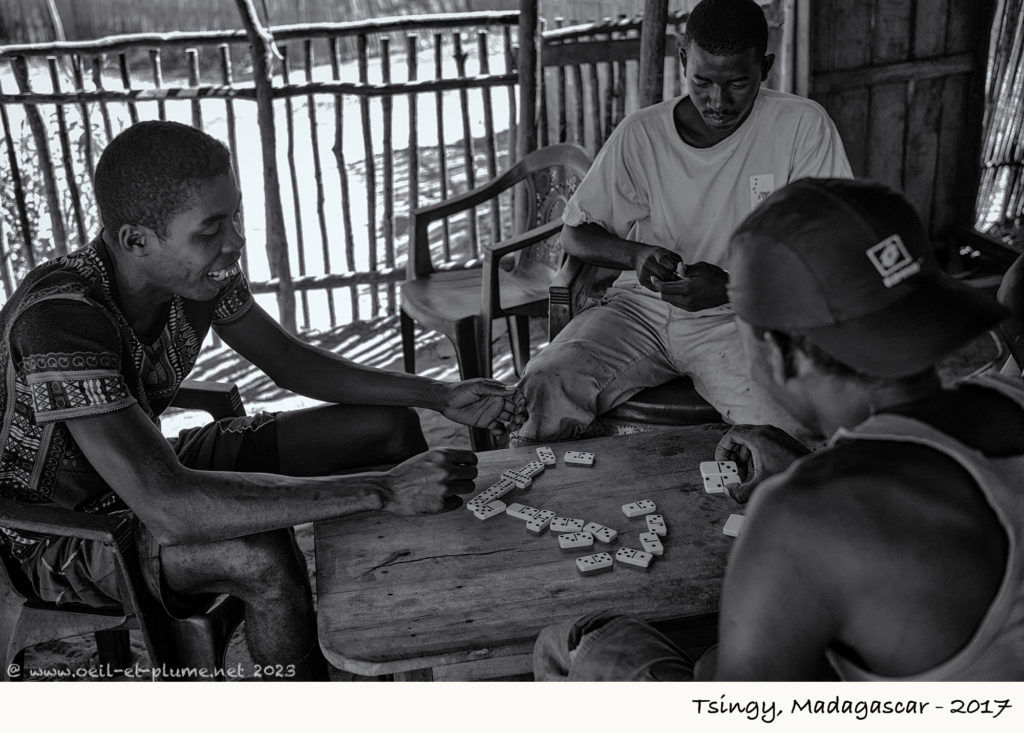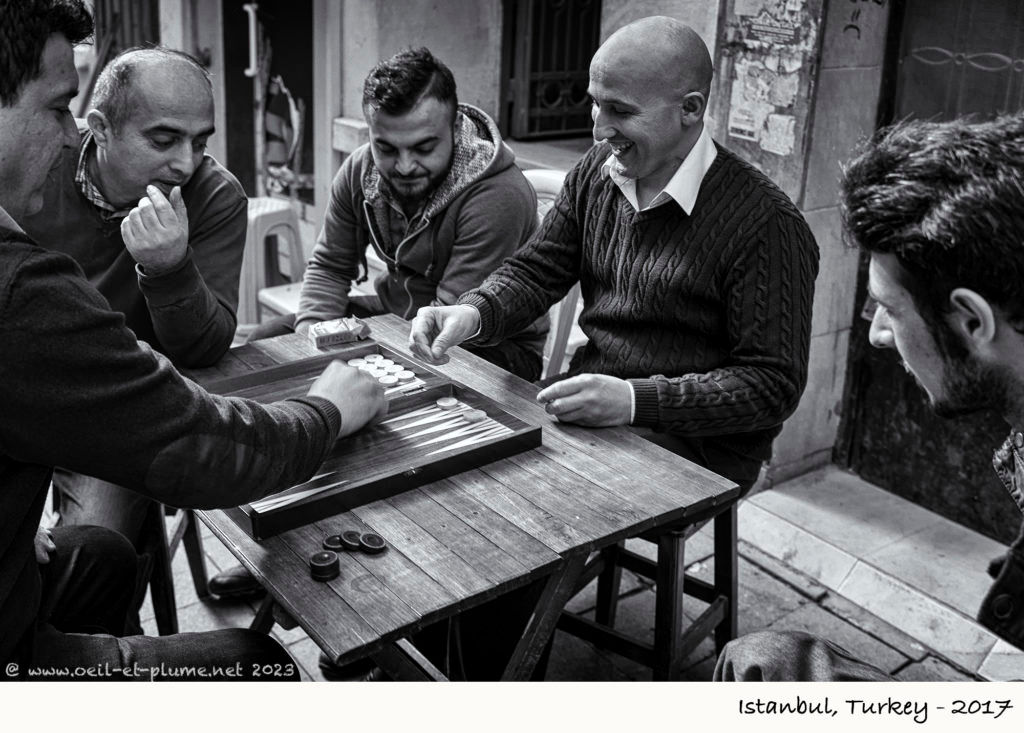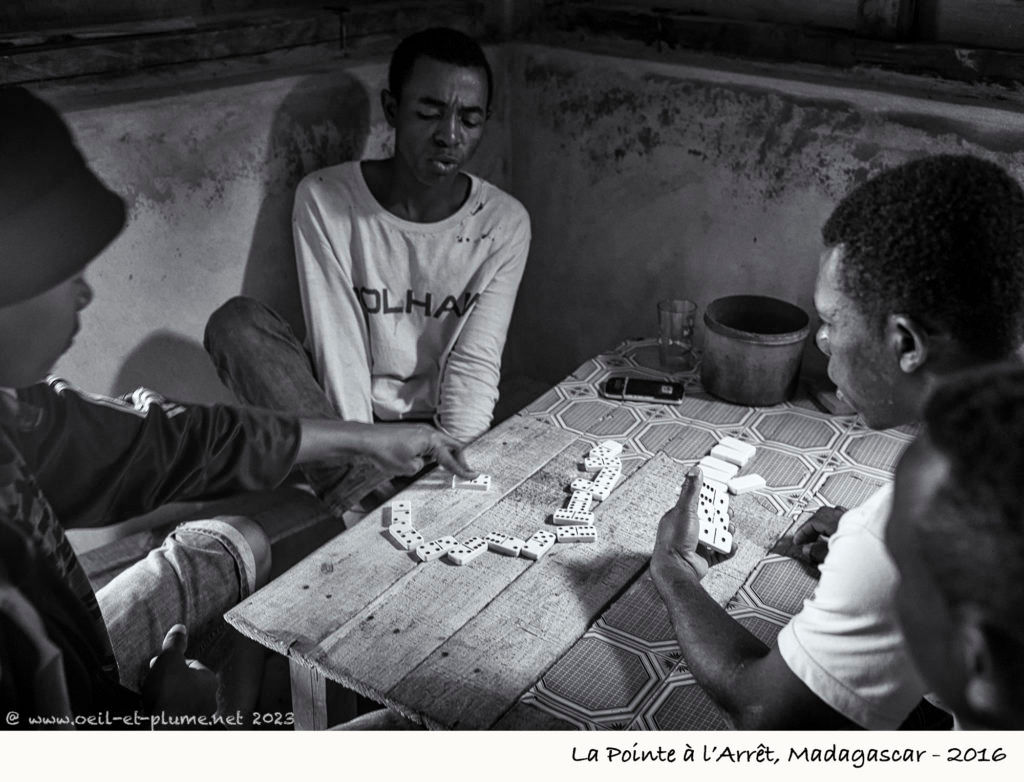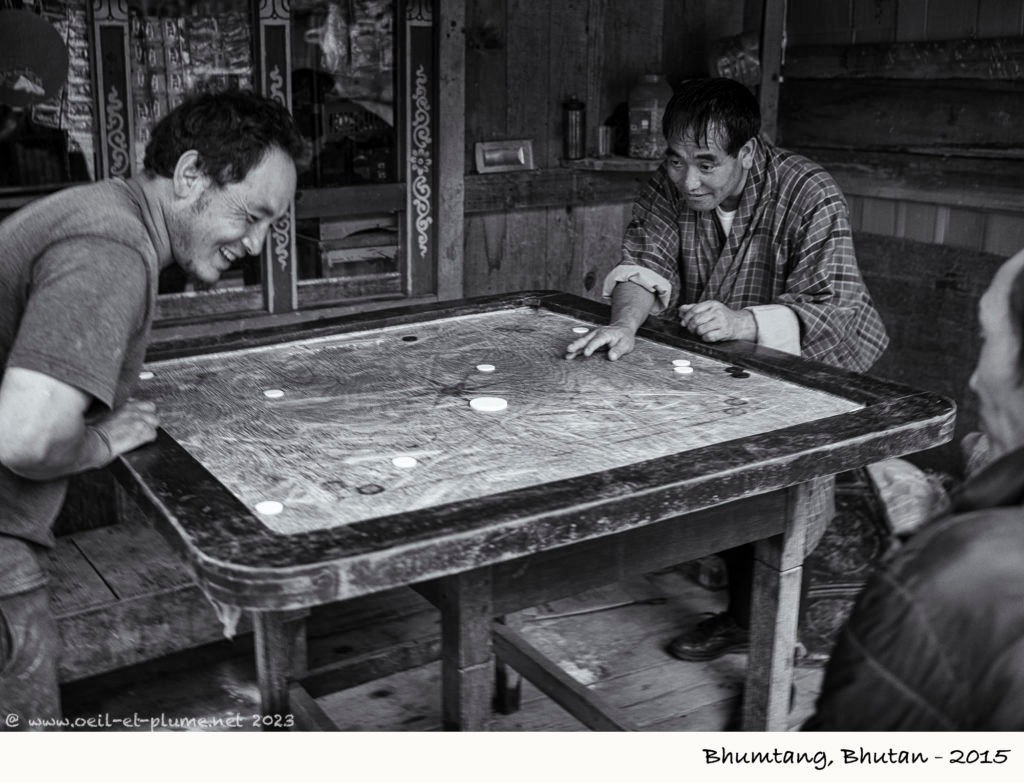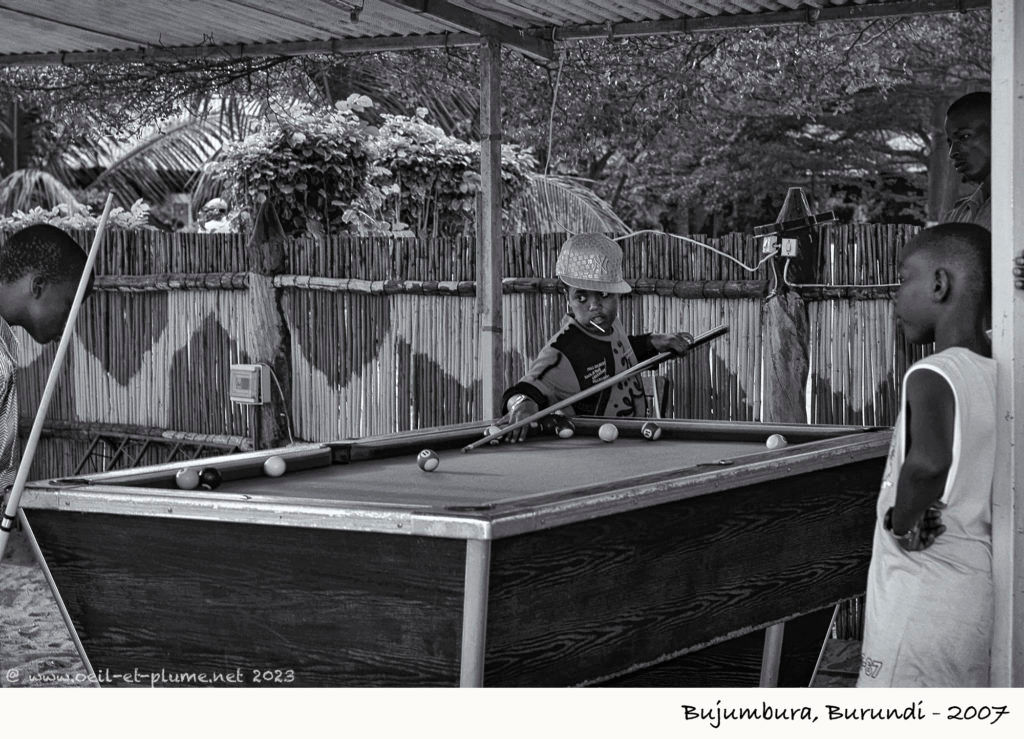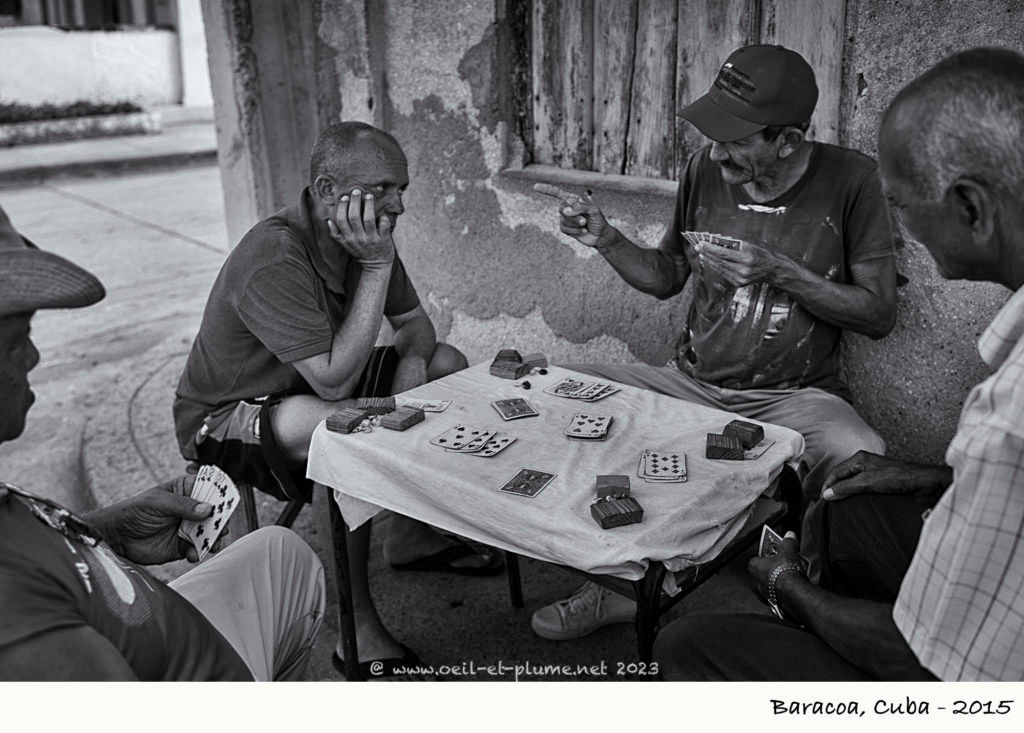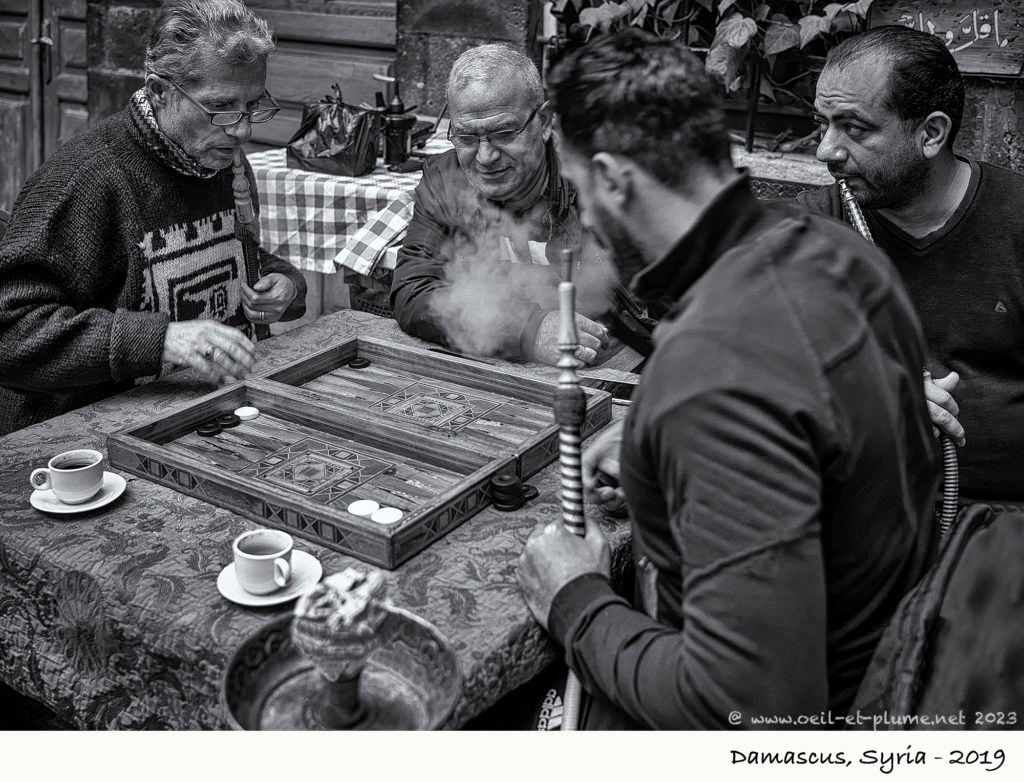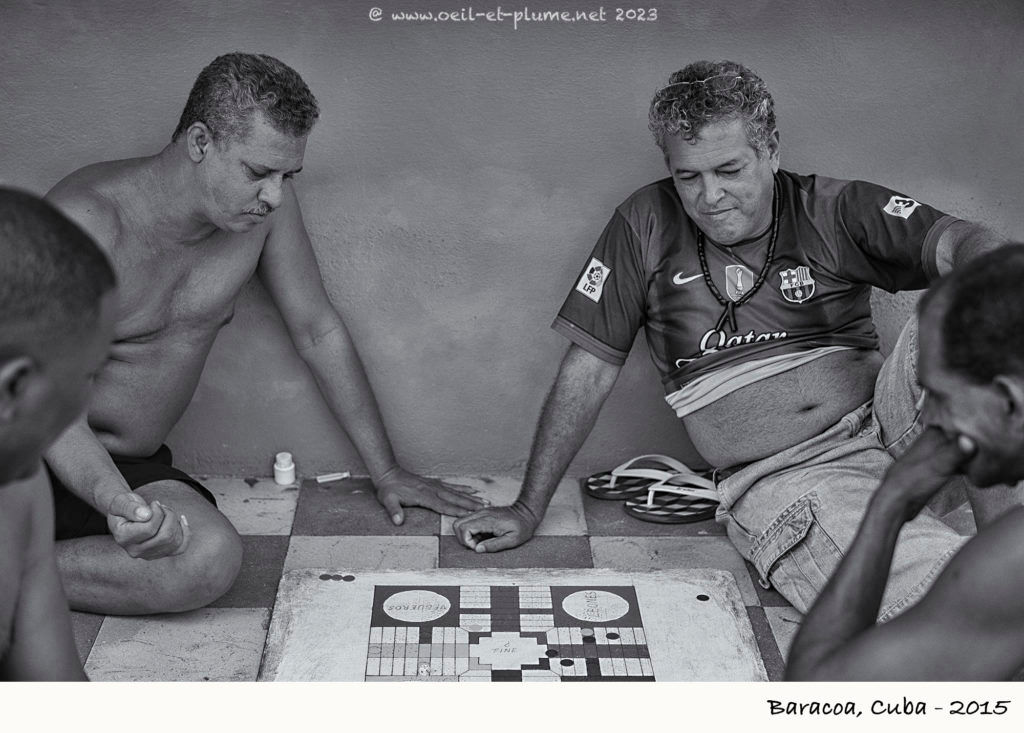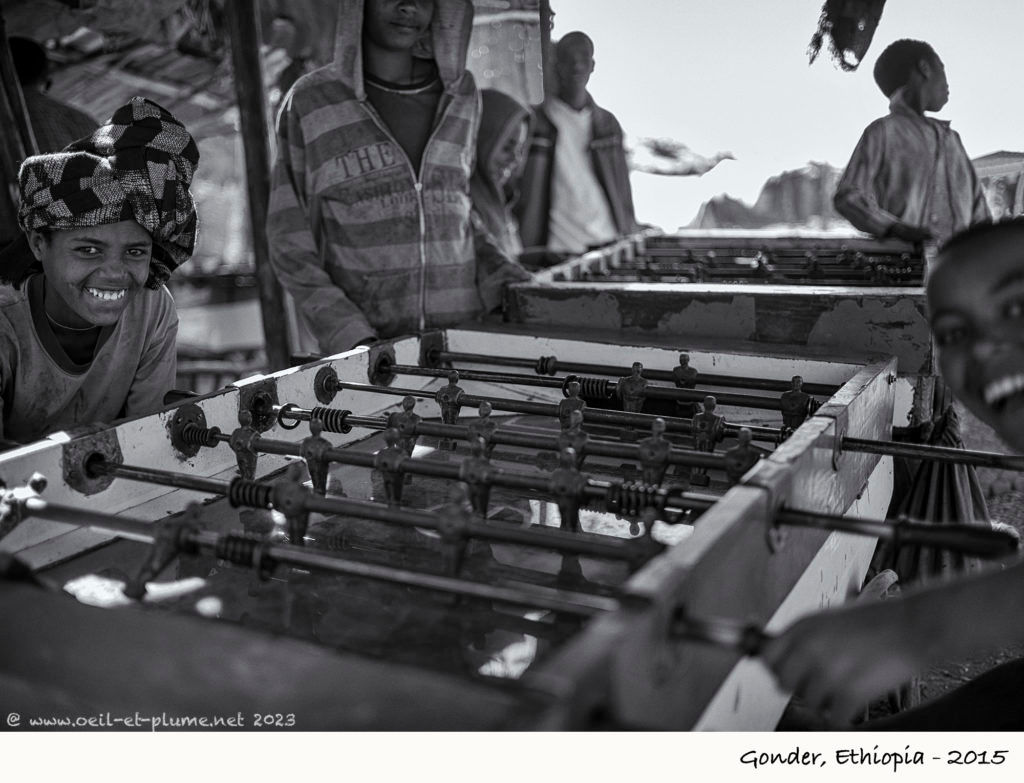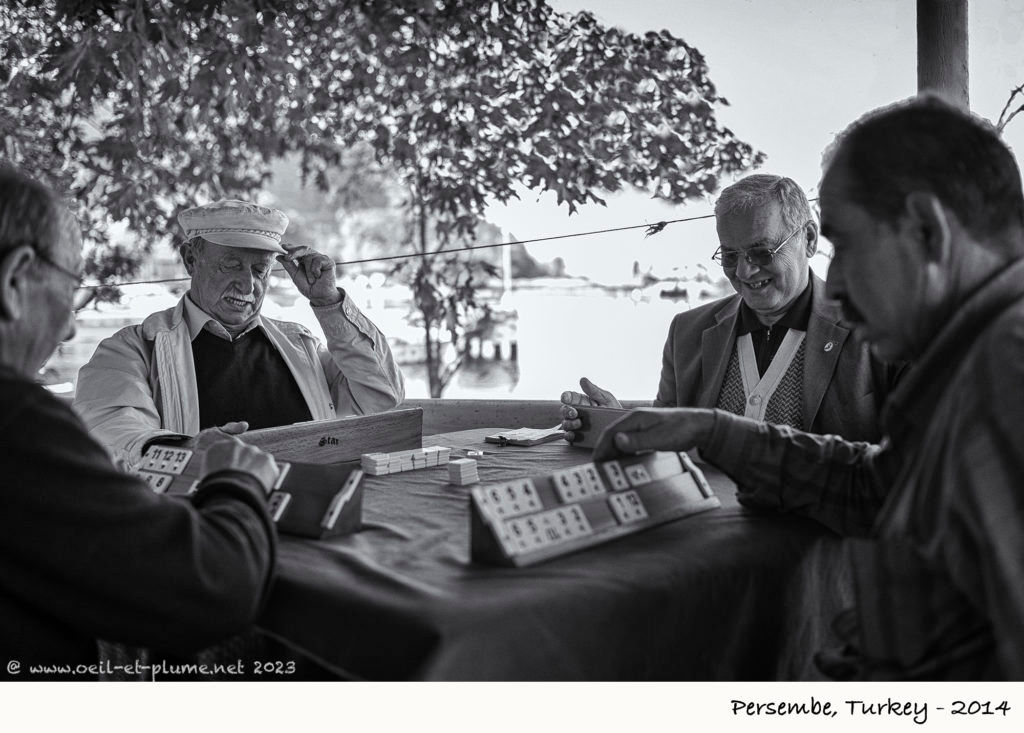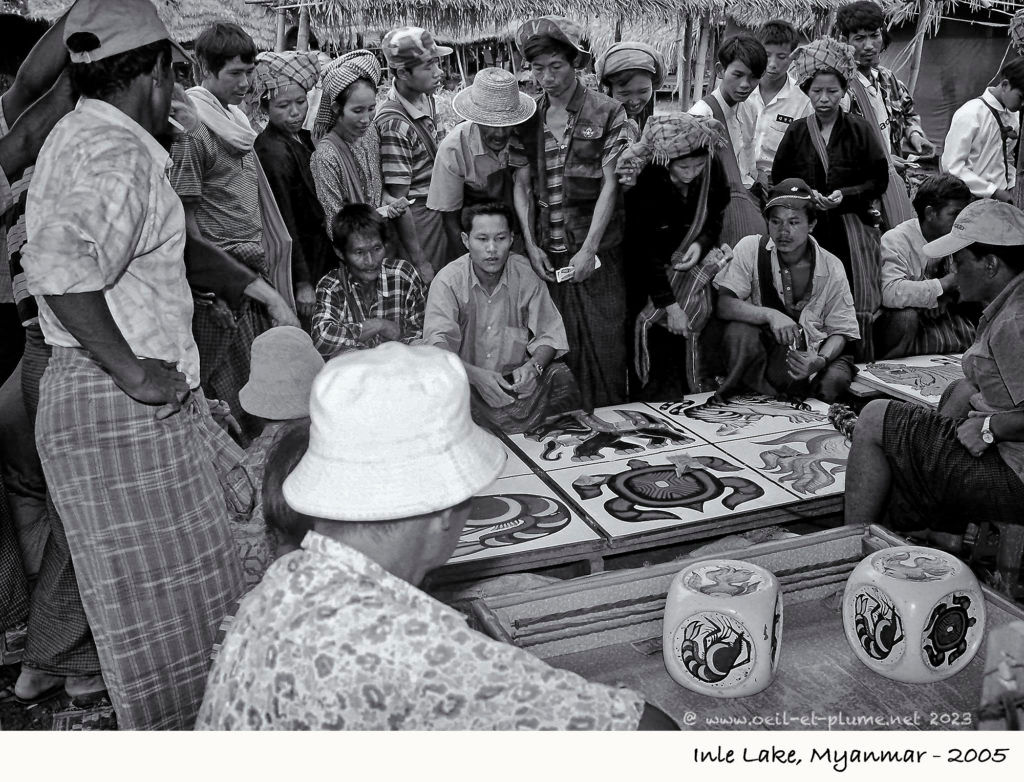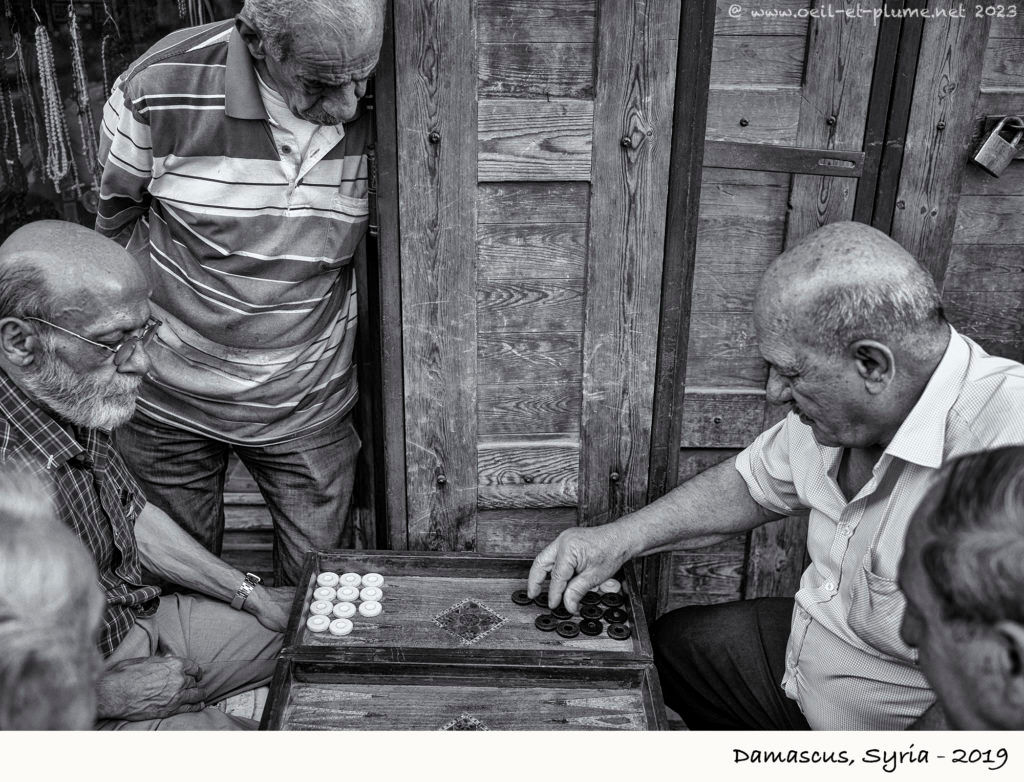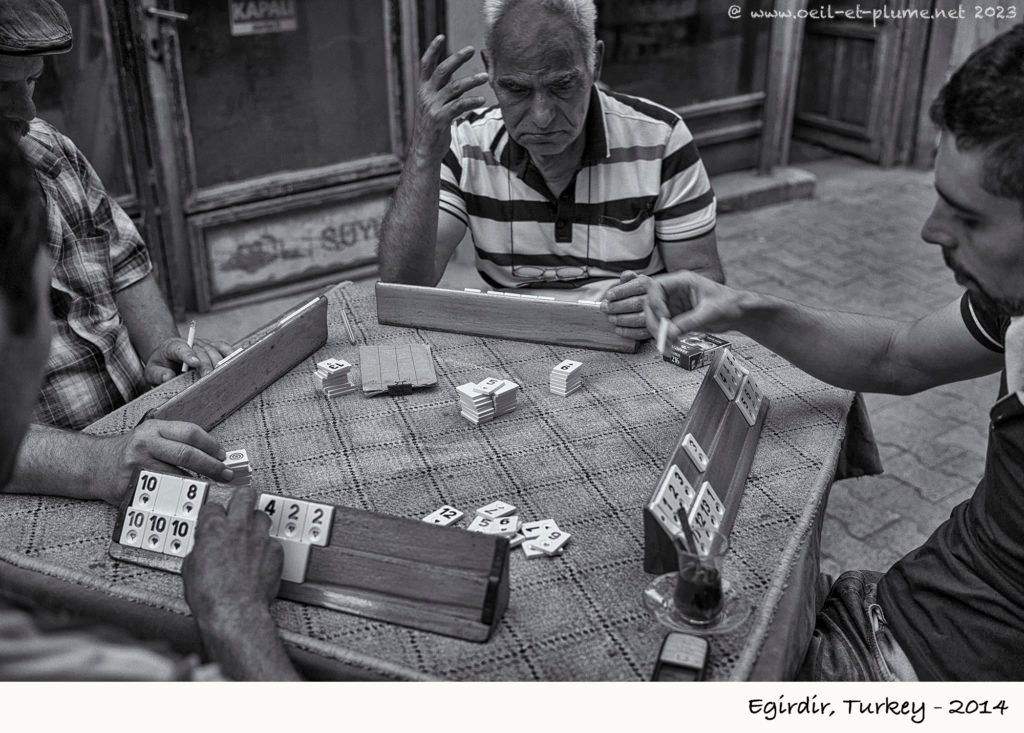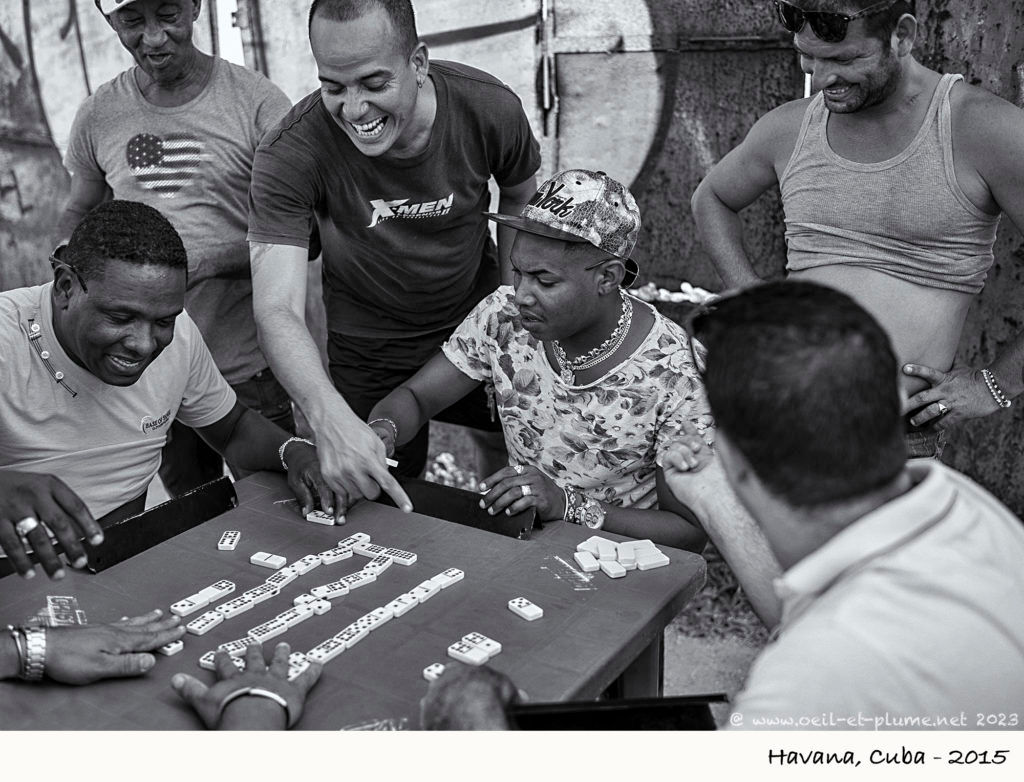Tabletop games are played on a table or another flat surface. They include board games such as chess or backgammon, card games like poker, dice games such as craps, or tile-based games like dominoes.
Playing tabletop games isn’t necessarily my cup of tea. However, to observe other people creating or animating those games fascinates me in several ways.
I love immemorial cultural practices. Tabletop gaming was known to ancient civilisations in Egypt or Mesopotamia about 5,000 years ago. It evolved into many variations since then indeed, but not that much in retrospective. More importantly, ancient gaming planted the historical seeds of multifaceted social interactions.
Tabletop games are universal across people’s cultures as they rely on fundamental assets of mankind. They all require gestural, strategic, tactical and communication abilities, not to mention psychological and emotional skills. Tabletop games reveal individual personalities; they connect people within and across cultures.
Yet, universality does not exclude diversity. Certain tabletop games are common in specific regions of the world. In China, Go and chess are as popular as mancala is common in Africa and in the Middle East. India is particularly fond of a community game called carrom.
Tabletop gaming has been often a subject of photographic interest during my globetrotting. Rather than to document the various games at play, my camera focussed on the social interactions produced by gaming. Body language and emotions expressed by players or observers speak visually loud and clear regardless of linguistic barriers.
Cuba is my preferred context to explore tabletop gaming. Cuban people spend much of their leisure time outdoors and like playing, competing, commenting and joking about it. Their creativity, astuteness and expressivity are outstanding and charming. True, those human qualities are also found elsewhere on our planet, but Cuba is special.
You may have noticed that my images depict mostly males. The gender imbalance does not reflect at all my photographic choice. I sincerely hardly met any female players in those situations. Worth remembering here that in many traditional societies, males are more active in the street life, more prone to leisure activities and more approachable to male visitors.
The present post will hopefully contribute to the popularity of tabletop games as an alternative to digital gaming. Rather than digital friendship, tabletop gaming nurtures genuine social bonds which are direly needed in today’s world.
Cheers,
